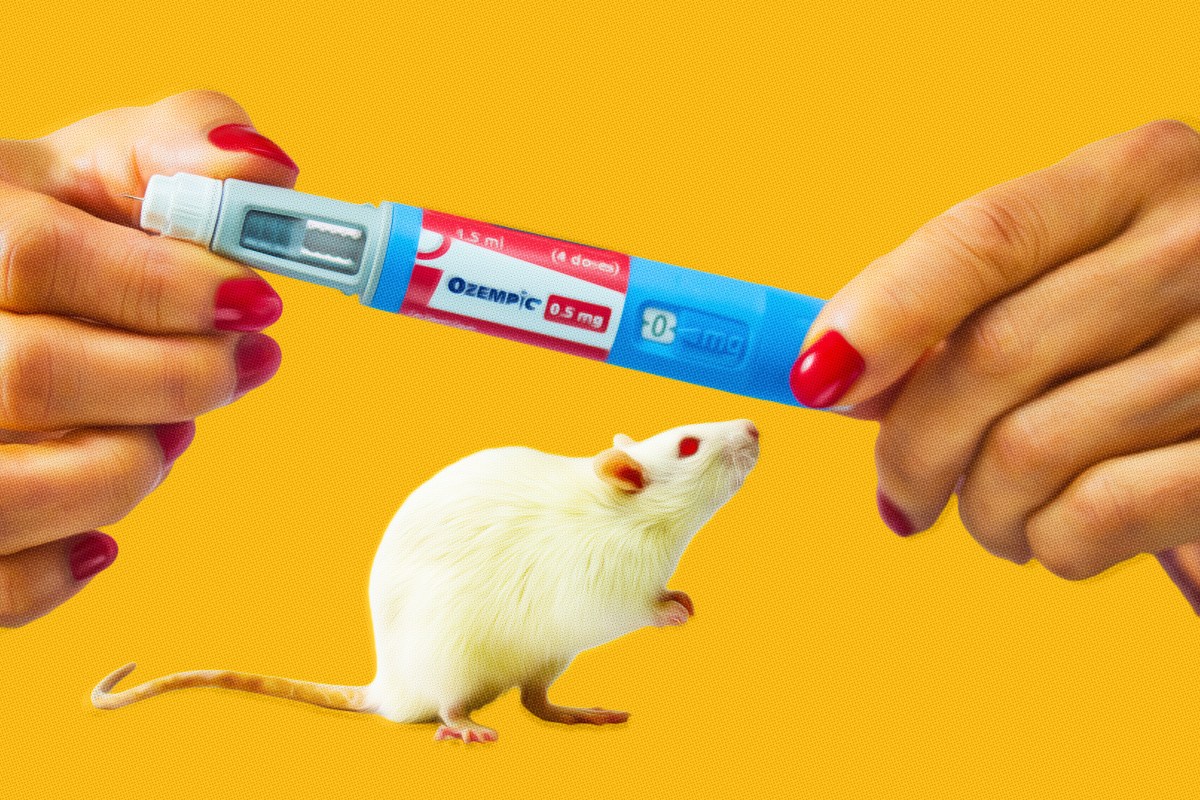
"The team of researchers, led by the Chinese University of Hong Kong, set out to develop possible methods to counteract aging by focusing on the effectiveness of exenatide, a type of glucagon-like peptide-1 receptor agonist or GLP-1RA that's similar to Ozempic; the medication is used to control blood sugar in diabetics by activating the protein GLP-1 receptor, which increases insulin in the blood stream and lessens appetite."
"They took 18 middle aged mice, about 10 to 14 months old, and divided them into two groups: one cohort received low-dose injections of exenatide for 30 weeks starting at the age of 11 months, and another cohort simply received a saline solution. They also observed a control group of 10 young mice, three months old, and injected them with the saline solution for four weeks, while another nine young mice received exenatide."
Low-dose exenatide, a GLP-1 receptor agonist similar to Ozempic, was administered to middle-aged mice for 30 weeks beginning at 11 months. Eighteen middle-aged mice were divided into exenatide-treated and saline cohorts, while young mice received saline or exenatide as additional comparators. Treated middle-aged mice showed improved physical strength and endurance compared with saline-treated middle-aged mice. Tissues from treated mice exhibited younger molecular profiles, including gene expression and metabolite patterns such as lipids and amino acids, whereas saline middle-aged mice displayed molecular signs of aging. Cognitive measures showed little difference between middle-aged cohorts. Effects were systemic across multiple organs, suggesting potential longevity-related benefits of low-dose GLP-1RA therapy.
Read at Futurism
Unable to calculate read time
Collection
[
|
...
]